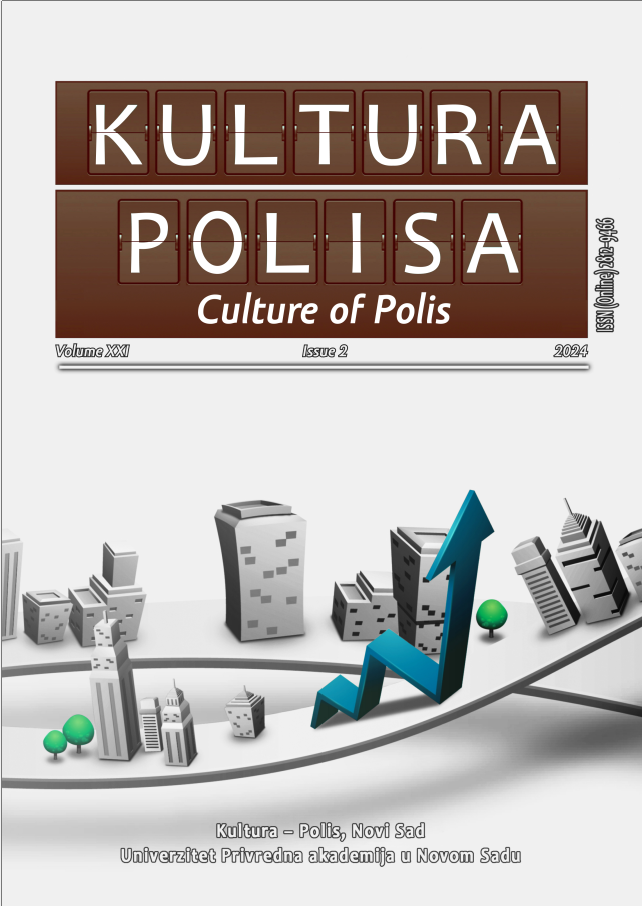CONTEMPORARY CONCEPTS OF URBAN DEVELOPMENT OF BANJA LUKA IN THE POST-SOCIALIST HERITAGE
CONTEMPORARY CONCEPTS OF URBAN DEVELOPMENT OF BANJA LUKA IN THE POST-SOCIALIST HERITAGE
Author(s): Ranka Perić RomićSubject(s): Architecture, Rural and urban sociology
Published by: Удружење „КУЛТУРА–ПОЛИС“ Нови Сад
Keywords: post-socialism; transformation; transition; privatization; reconstruction
Summary/Abstract: The post-socialist development of Banja Luka, the second largest city in Bosnia and Herzegovina, is characterised by several important features that are noticeable through the transitional processes of establishing a capitalist, democratic society. The reurbanisation of the urban centre, the conversion of the social standard facility, the gentrification of certain parts and zones of the city, as well as the increase of social segregation and redistribution of the population, leave permanent consequences on the urban development of Banja Luka. Construction of a business urban centre will cause the most obvious changes in the urban space, while the use of available public facilities of the socialist period is institutionally transformed into facilities of new content and purpose, whose further use is unquestionable, but functionally changed. Such facilities show that they had, and still have, the same symbolism of meaning, but in two different social systems. This paper sets up a hypothesis that new development patterns based on market development and private ownership do not necessarily give the expected outcomes of urban development modelled after Western cities. Comparing the two periods of development of Banja Luka from the middle of the 20th century to the fall of socialism in 1989, and the period from 1990 to the present, the paper analyses the diversification of urban functions and urban contents, which, on one side lead to spatial redistribution of population, loss of public space and content, but also to the growth of consumption space as a typical feature of the consumer society. Through these processes, the quality of life of urban residents of Banja Luka changes, which leads to the formation of new urban habits and a specific way of life.
Journal: Kultura Polisa
- Issue Year: 21/2024
- Issue No: 2
- Page Range: 124-150
- Page Count: 27
- Language: English

